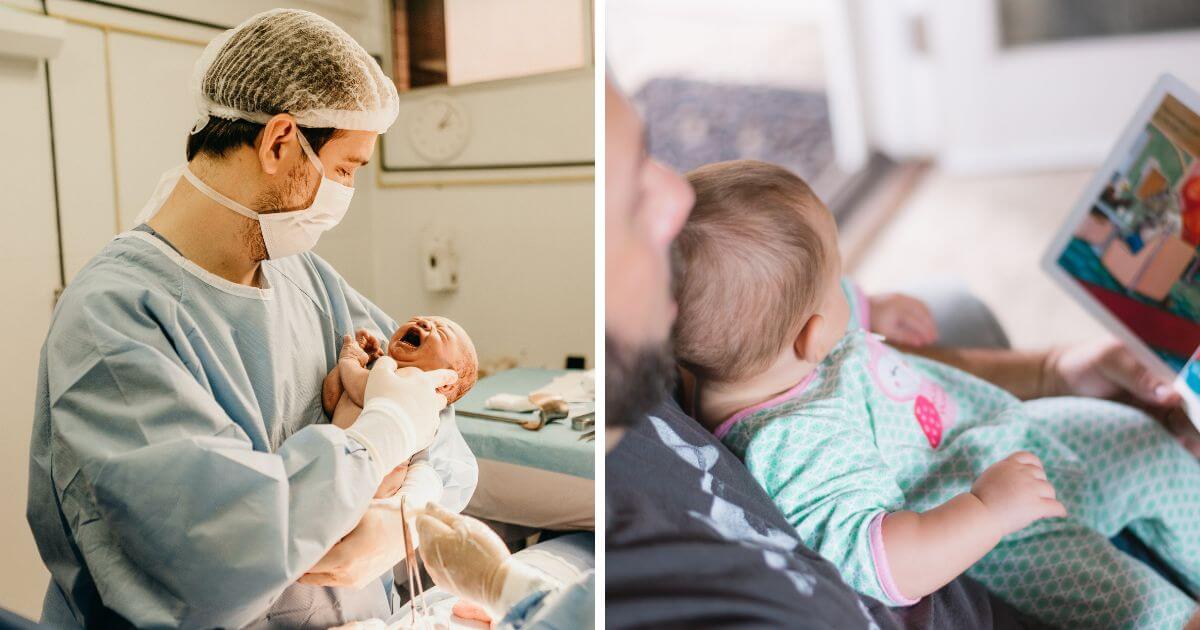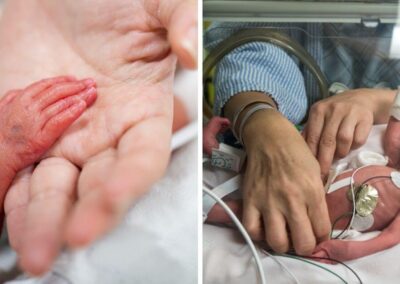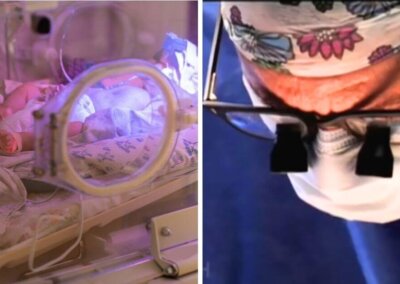A team of researchers and scientists at Stanford Medicine Children’s Health have published a new study that links speech exposure for babies in the neonatal intensive care unit (NICU) to positive health outcomes.
During the study, premature babies in the NICU were observed and the relationship between the rate of weight gain during their time in hospital and their exposure to speech was investigated. The research forms part of a growing body of literature that links speech exposure in the NICU to improved outcomes for babies.
Neonatologists at the Stanford hospital are regularly researching ways to improve prospects for the premature and sick babies who they care for. Dr Melissa Scala, one of the co-authors of the paper, said “We know that appropriate weight gain is associated with better health outcomes”.
“It’s something that’s tracked daily in the NICU, and clinicians worry about babies whose weight falters. Anything we can do to help with weight gain, especially in preterm infants, is important to take into account”.
Researchers surprised by findings
When conducting the research, those involved in the study did not know what to expect. Dr Scala remarked “We were pleasantly surprised that language had a larger impact than we thought”. The study discovered that the babies’ level of exposure to speech and the amount of calories that they consumed had equal impact on the babies’ physical growth.
The findings do not prove a causal relationship between speech exposure and improved physical outcomes, the researchers stressed. However, the study does indicate that further research could possibly establish a causal link and, in the meantime, NICUs should take into account the findings and look at increasing speech exposure for these premature babies.
Doctor hopes to empower parents of NICU babies
At Stanford Children’s NICU, parents and staff are encouraged to read to the little babies. Books are left by the bedsides and families are spoken to about the importance of speaking to their babies. Dr Scala shared that she hopes that parents can feel empowered by the results of this study. She said “At a time when they feel helpless and scared, and their parental role is disrupted, there are things they can do that have significant impacts on their child’s health and development. And reading to their baby is one of them”.
Spokesperson for Right To Life UK, Catherine Robinson, said “It’s amazing to see how premature babies who are spoken to seem to grow better. Whether it’s this study or research about kangaroo care and other interventions that are helping premature babies develop, these findings are making huge differences for little lives”.
“We know that prospects for premature babies have significantly improved in recent years and it offers great hope to read these studies and see how something as simple as speaking to a baby can potentially make all the difference”.












